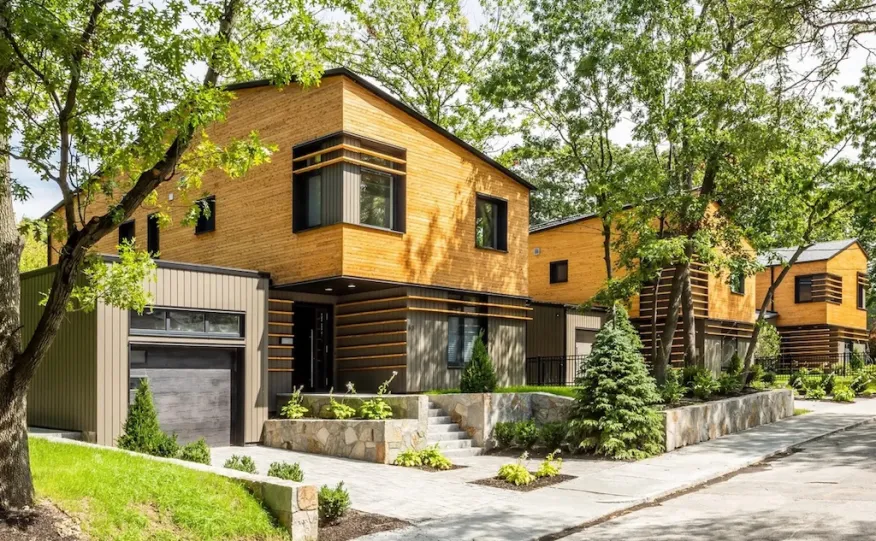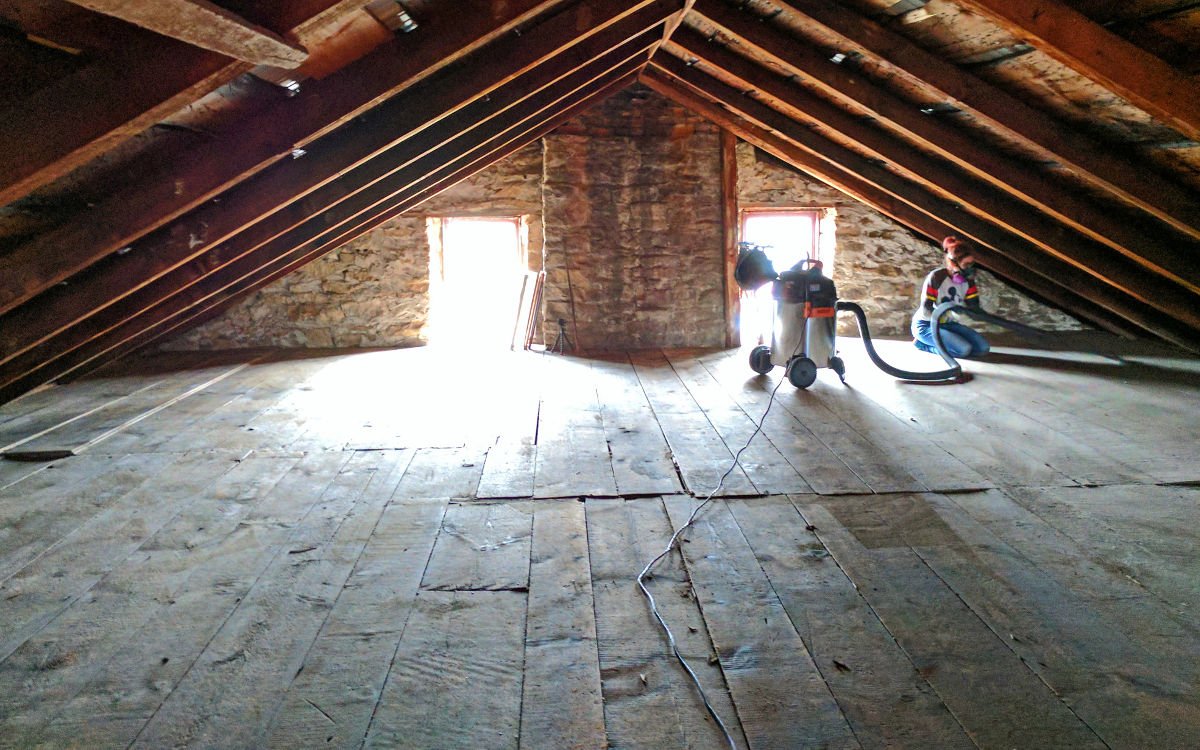Building or moving into a new house is an exciting milestone. Among the many responsibilities that come with owning a new home, ensuring that the plumbing system is in top condition is crucial. With easy maintenance plumbing tips for new houses, homeowners and real estate developers can safeguard their investments and enjoy a hassle-free living environment.
In this article, we will explore essential tips and strategies to maintain a healthy plumbing system, ensuring your new home remains a comfortable and functional space. Whether you’re a first-time homeowner or an experienced real estate developer, these insights will help you keep your plumbing in excellent shape.

1. Understand Your Plumbing System
Before diving into maintenance tips, it’s important to understand the components of your plumbing system. This includes pipes, fittings, valves, and fixtures. Familiarizing yourself with these elements will make it easier to identify and address potential issues.
1.1 Know the Water Main Location
The water main shutoff valve is a critical component of your plumbing system. In case of a leak or burst pipe, knowing the location of this valve allows you to quickly stop the water flow, minimizing damage.
1.2 Identify Pipe Materials
Different homes use various pipe materials such as copper, PVC, or PEX. Knowing the type of pipes in your home helps in choosing the right maintenance products and techniques.
2. Regular Inspection and Maintenance
Regular inspections are key to maintaining a healthy plumbing system. By identifying issues early, you can prevent costly repairs and ensure the longevity of your plumbing.
2.1 Check for Leaks
Inspect your plumbing regularly for any signs of leaks. This includes checking under sinks, around toilets, and near water heaters. Catching leaks early can prevent water damage and reduce water bills.
2.2 Monitor Water Pressure
Excessively high water pressure can damage pipes and fixtures. Use a pressure gauge to ensure your home’s water pressure stays within the recommended range.
3. Preventative Measures
Taking preventative measures can significantly reduce the likelihood of plumbing issues. Simple actions can make a big difference in maintaining your plumbing system.
3.1 Use Drain Strainers
Drain strainers are a simple yet effective way to prevent clogs. They catch hair, food particles, and other debris, ensuring your pipes remain clear and free-flowing.
3.2 Avoid Chemical Drain Cleaners
Chemical drain cleaners can be harsh on pipes and lead to corrosion over time. Instead, opt for natural solutions like baking soda and vinegar to clear minor clogs.
4. Seasonal Maintenance Tips
Adjusting your maintenance routine according to the seasons can help protect your plumbing system from environmental stressors.
4.1 Winterize Your Plumbing
In colder climates, it’s essential to winterize your plumbing to prevent frozen pipes. This includes insulating pipes, disconnecting outdoor hoses, and keeping a trickle of water flowing during extreme cold.
4.2 Inspect Outdoor Drains
After storms or heavy rains, check outdoor drains for debris. Clearing these drains prevents water from backing up into your home.
For more tips on stormwater drainage, visit stormwater drainage.
5. Sustainable Plumbing Practices
Adopting sustainable plumbing practices can save water and reduce utility bills while benefiting the environment.
5.1 Install Low-Flow Fixtures
Low-flow toilets and showerheads reduce water usage without sacrificing performance. For recommendations, check out low-flow toilets.
5.2 Collect Rainwater
Installing a rainwater collection system can provide an eco-friendly water source for gardening and other non-potable uses.
6. Professional Maintenance
While regular DIY maintenance is important, professional inspections help identify hidden issues and ensure your plumbing system is in top condition.
6.1 Schedule Annual Inspections
Hiring a professional plumber for annual inspections can catch issues that might go unnoticed, such as hidden leaks or pipe corrosion.
6.2 Seek Professional Repairs
When facing complex plumbing issues, it’s best to rely on professional repairs. Attempting DIY fixes can sometimes worsen the problem.
For more information on plumbing design in unique environments, visit plumbing design.
7. Dealing with Emergencies
Even with regular maintenance, plumbing emergencies can still occur. Being prepared can minimize damage and stress.
7.1 Create an Emergency Plan
Create a list of emergency contacts, including local plumbers and utility companies. Knowing who to call in an emergency can save valuable time.
7.2 Know Basic First Steps
In case of a plumbing emergency, quickly shutting off the water supply and assessing the situation can prevent further damage.

FAQs
1. How often should I inspect my plumbing?
Regular inspections should be conducted at least twice a year. This helps identify potential issues early and ensures your plumbing system remains in good condition.
2. Can I use chemical drain cleaners?
It’s best to avoid chemical drain cleaners as they can damage pipes over time. Opt for natural solutions like baking soda and vinegar for minor clogs.
3. What should I do if I suspect a leak?
If you suspect a leak, check for visible signs such as water stains, dampness, or an increase in water bills. Contact a professional plumber for a thorough inspection.
For additional plumbing maintenance tips, visit this resource.
This article contains affiliate links. We may earn a commission at no extra cost to you.




